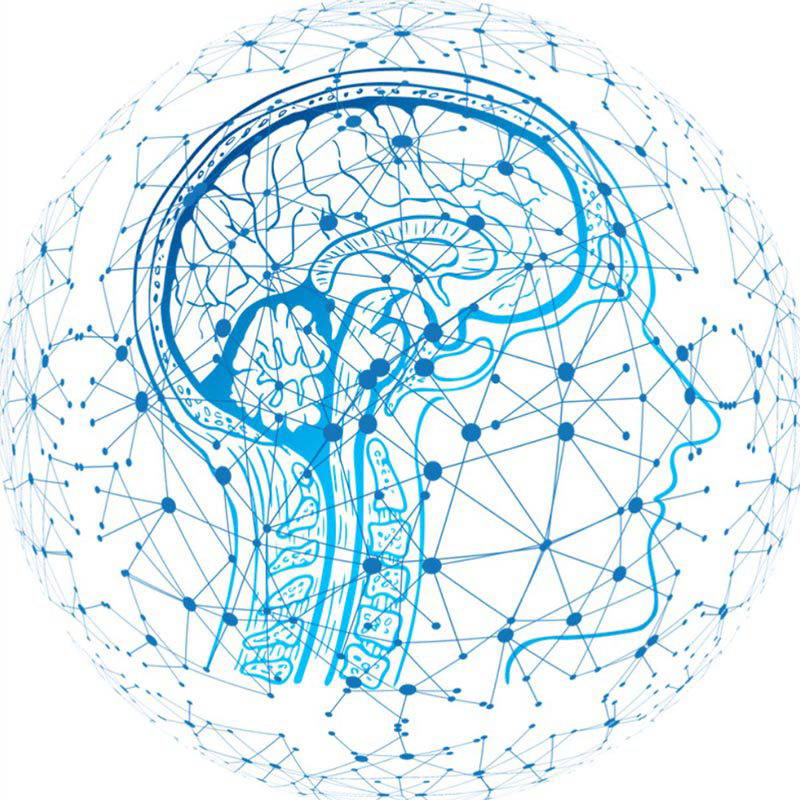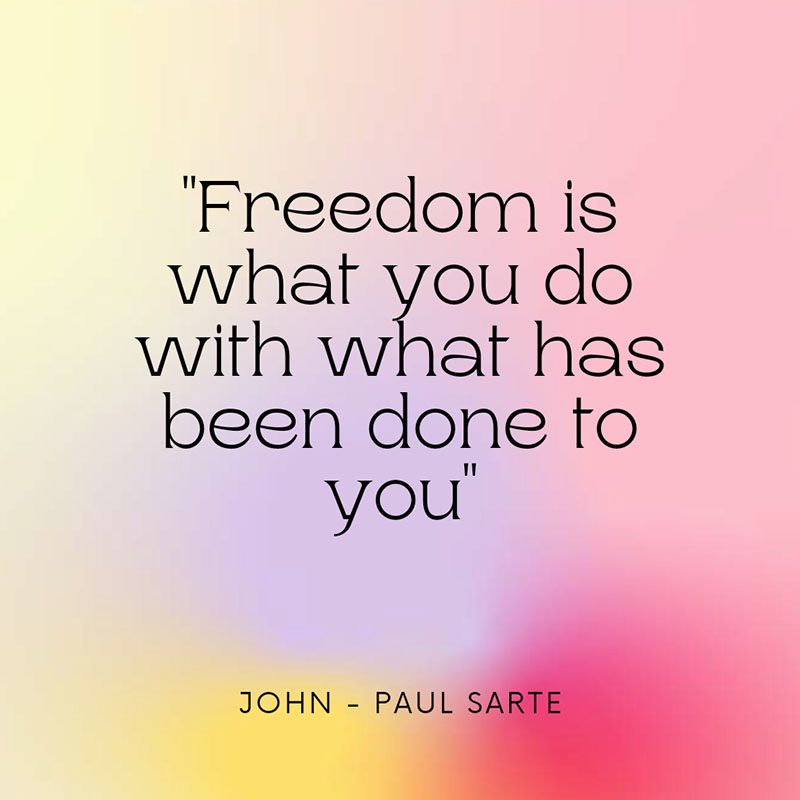Trauma
” Trauma is not what happens to you, it is what happens inside of you. It is the psychological wound you sustained, the meaning you made of it, it’s cognitions about the self and the world. Trauma hardens you psychologically which interferes with your ability to grow and develop. You react out of pain and fear without knowing it. Your whole life is regulated by fear and pain that you are trying to escape from in various ways. ” Dr. Gabor Mate.
Trauma can be anything that has a long lasting negative effect on your well-being. It is the experience and psychological impact of events that are life threatening or include danger of injury so severe that the person is horrified, feels helpless and experiences a psychological alarm during and shortly after the experience. What happens to you after the event is the trauma. Sometimes the event is so powerful it overwhelms the brain’s response which releases a high level of stress chemicals, our cognition processing becomes stuck and we respond to the danger by re-experiencing it. It is totally subjective and can often be caused by something completely innocuous.
As we go about our day we code ourselves and all sensory perceptions are integrated into the hippocampus where they are stored and made available. Trauma interrupts this coding causing the brain to go offline, reducing the amount of blood flow to the Neo-cortex which can also stop us from accessing our language system.

Listen to Your Mind Matters on Soundcloud
Gail Donnon & James Earl, Trauma And It’s Affects On Family…


Hippocampus
The hippocampus is responsible for the formation, organisation, storage and retrieval of memories and coverts them from short-term to long term. Trauma disrupts this by preventing the process leaving the memories to remain in an activated short-term state which prevents them being properly integrated so their effects diminish. In some cases the hippocampus has been shown to shrink which causes the ability to discriminate between past and present experiences or interpret environmental contexts correctly. We can often see this in short term memory of young children and their ability to retain information.
During trauma we cannot access our Neo-cortex (thinking brain) which is in charge of executive functioning, impulse control, working memory and cognitive flexibility. Trauma becomes stored in the Limbic System which controls our survival behaviours, emotional expression, and instinctive defences and has a profound influence on the way memories are processed. The activation of our instinctual reflex feels danger and withdraws blood from the brain stem or Reptilian Brain which manages all vital bodily functions such as heart rate, breathing, temperature and balance. The Reptilian overrides the whole brain for survival. Trauma takes the neurological functioning away to feel safe.
The Amygdala
The amygdala decides what memories are stored and where they should be placed around the cortex. It applies feeling, tone and emotional charge to memory. Proteins attach to dominant experiences and the fear induced by trauma makes a deep imprint on the amygdala and hyper-sensitises it to danger. The amygdala recognises possible threats by comparing them with past experiences and prepares the body. It can respond 80 -100 times faster than the ‘thinking brain’ (amygdala hijack).

The Neural Circuitry of Stress
The hippocampus, the pre-frontal cortex and the amygdala complete the neural circuitry of stress.

The body holds onto trauma by:
Emotional dysregulation – self-harm, anger
Altered attention & consciousness – Dissociation Amnesia, spacing out
Somatic Distress – Headaches, nausea, inflammation and pain
Hyper-Arousal – On the edge, jumpy, irritable, trouble sleeping
Avoidance – Avoiding reminders and triggers
Re-experiencing – Nightmares, flashbacks
Affected belief systems – Loss of faith, negative cognitions
Relationship problems – As above
Trauma v Mental Health
Some experts believe that mental health and trauma need to join up and that isolated diagnoses don’t help. Many of us may be accommodating unprocessed trauma by adapting to by using unhealthy coping mechanisms or shutting down completely. The medical model paradigm is currently being challenged, GPs are not asking the right questions as 50% of major depressive disorders are comorbid to PTSD (post-traumatic stress disorder) and 50% of Bipolar disorders have PTSD. 79% of people with Bipolar disorder were sexually abused as children Trauma presents symptoms clusters which can often be misdiagnosed as single mental health problems.


Treatments we offer (NHS approved treatment for Trauma)
EMDR (Eye-movement De-sensitisation Re-Processing) is one of the approved psychotherapy treatments for trauma. It works by stabilisation, emotional regulation which enables the brain to come back ‘online’, it resumes blood flow to the brain and re-processes the event through bilateral stimulation to assimilate the memory to break the connection of the emotional charge of the event. An EMDR psychotherapist will conduct a robust assessment to ascertain which part of the brain has been affected and an individual treatment plan developed which is unique to each person.
EMDR recognises that mental health diagnoses are symptom clusters and layers of trauma. An EMDR psychotherapist will use the DSM 5 PTSD checklist amongst many other psychological assessment tools.
References: (Integrated Trauma Solutions Ltd 2021)
Primary Care Network Approval
We are pleased to say that we are an approved organisation working in conjunction with Living Well North Yorkshire who are the contracted provider for the four Primary Care Networks across Harrogate and Rural District to deliver a social prescribing service across seventeen GP Practices. Social prescribing (also known as community referral) allows GPs, nurses and other healthcare workers to signpost patients to support outside of health services, through community organisations, local support groups and holistic hubs. Social prescribing can be accessed through self-referral, mental health and social care services, pharmacists and hospitals.
Primary Care Networks help integrate primary care with secondary and community services, and bridge a gap between general practice and emerging Integrated Care Systems. GP practices are working together with community, mental health, social care, pharmacy, hospital and voluntary services in their local areas in groups of practices known as primary care networks (PCNs). PCNs build on existing primary care services and enable greater provision of proactive, personalised, coordinated and more integrated health and social care for people close to home. Clinicians describe this as a change from reactively providing appointments to proactively caring for the people and communities they serve.
Trauma-informed Workshops – Online, Ripon or In house
For Dates See Our Training Page
Booking essential – please email to book.
Useful Reading and Courses
- The Body Keeps The Score – Bessel Van Der Kolk
- The Fawn Response in Complex PTSD
- How to get passed your past – Francine Shapiro
- The Compassionate Mind Approach to Recovering from Trauma
- The Body Remembers by Babette Rothschild
- When the Body says No Dr. Gabor Mate
- The Molecules of Emotion by Candice Pert
-
Accessing the Healing Power of the Vagus Nerve by Stanley Rosenberg
- The Deepest Well: Healing the Long-Term Effects of Childhood Adversity by Nadine Harris Burke
-
It’s All in Your Head by Suzanne O’Sullivan
- What Happened to You? – Dr. Bruce Perry and Oprah Winfrey
- Nobody is Broken – Lucinda Gordon Lennox
- The Myth of Normal – Dr. Gabor Mate and Daniel Mate
- Dr. Karen Treisman books and resources
- Waking The Tiger – Peter Levine
- Behind The Mask – Elizabeth Shane (poetry speaking out around child sexual abuse)
- Rewire Therapy online course
- Palouse Mindfulness free online 8 week course (Mindfulness Based Stress Reduction)